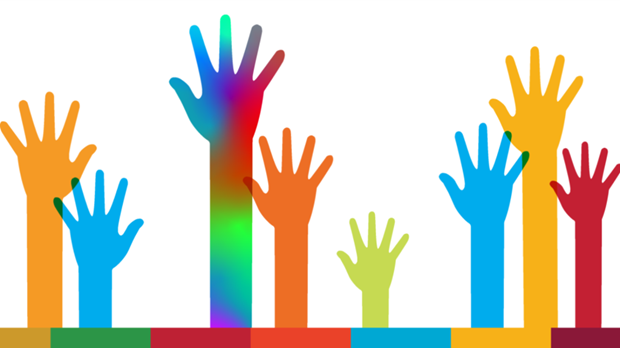(VOVWORLD) - The United Nations will observe World Autism Awareness Day (2 April) with a global virtual event themed “Transformation: Toward a Neuro-Inclusive World for All”. With this theme the UN stresses the need to improve the life quality of autistic people and calls on the public to support these people.
 (Source: the United Nations) (Source: the United Nations) |
Vietnam has more than 200,000 autistic people who, due to their mental health challenges, face difficulties finding a job and integrating into the community. Vocational training centers for autistic people have been set up to give them opportunities to learn, improve their life skills, and find an appropriate job. There should be more job counselling, vocational training and job creation for autistic people to help them improve their quality of life.
Over the past 15 years, the SEED Center for Vocational Education and Training in Hanoi has been helping the families of autistic people. The Center provides vocational training for adolescents to enable them to earn a living. After 2 years studying at the Center, 22-year-old Dang Mai Lam, who has high-functioning autism, has improved her life.
Lam said: "
I make beautiful products, like artificial white chrysanthemums and roses and give my salary to my parents. They are very happy."
To help autistic people integrate into the community, their family plays a very important role. Besides giving them medical care and enrolling them in classes for autistics, the parents themselves are learning new skills to help their children. Tran Thi Mai Hoa has a 13-year-old autistic child.
She says: “I’m an example of successful intervention. I learn, read, search for information, and consult with experts to help my children. Caring for autistic children requires the engagement of the whole family, not just experts who can’t be you’re your child 24 hours a day. Before children can go out to meet others, they need to be well integrated into the family.”
In recent years, families with autistic children have been bringing them to intervention classes early, during what is called the “golden period” for intervention, to help the children recover as soon as possible.